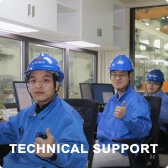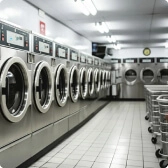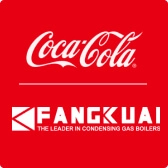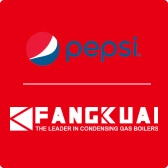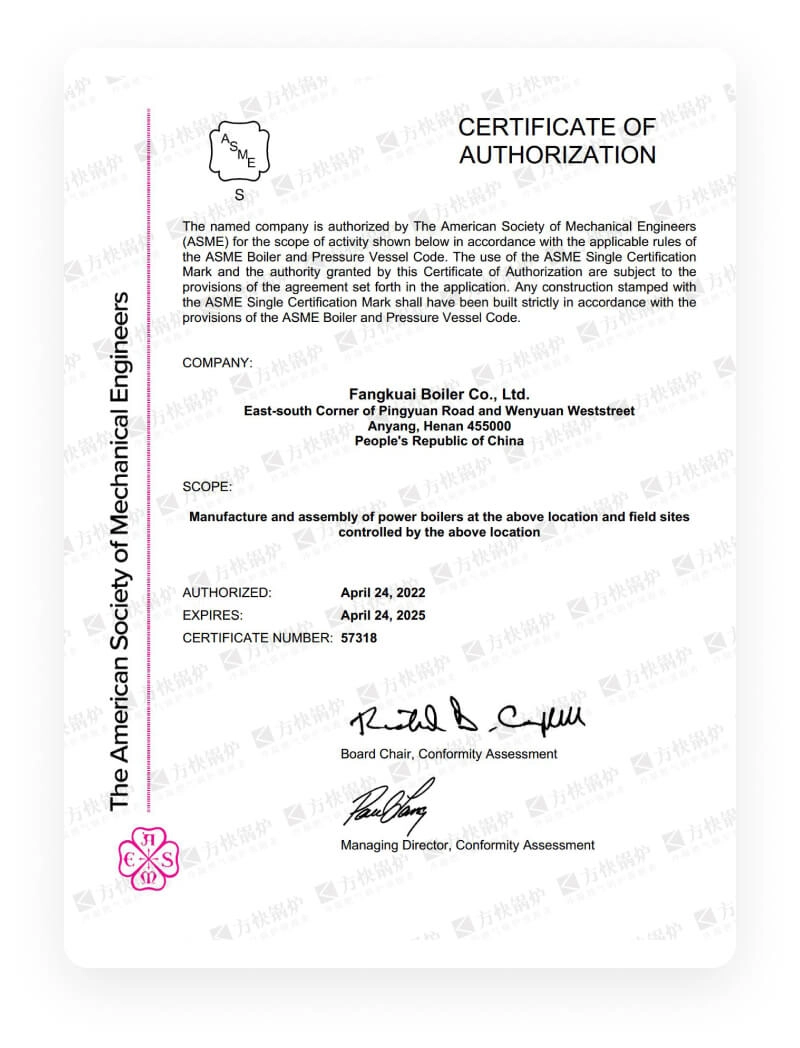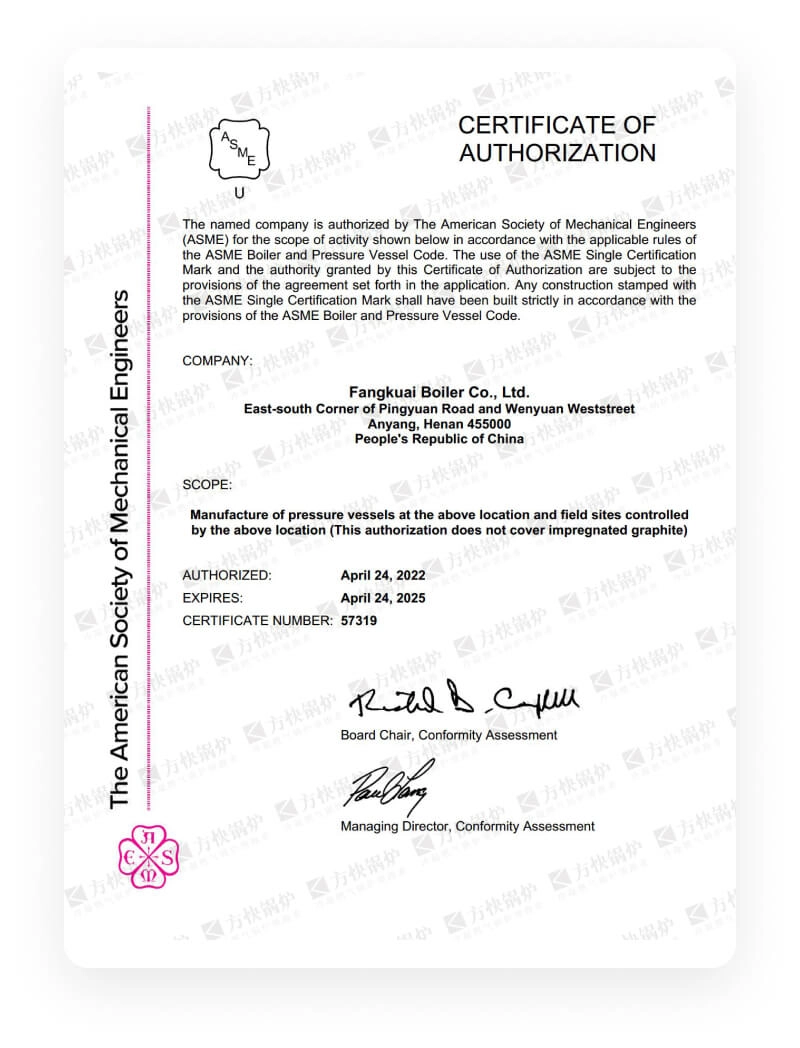Gas Boiler General Overview - Boiler Manufacturers
date: 2024-10-26
Page preview:
After reading this article, you will understand the following:
Basic working principle of gas boilers
Different types of burners and combustion methods
Factors affecting heat transfer and efficiency
The role of condensate recovery and heat recovery systems and their impact on gas savings
Advantages of flue gas circulation technology
Choice of anti-corrosion materials
The significance of international certifications
Market prices and economic feasibility
Maintenance points and safety considerations
Environmental impact of gas boilers and their sustainability
Introduction to Gas Boilers

Gas boilers are essential devices used for heating water or producing steam through the combustion of natural gas, propane, or other gaseous fuels. They are widely employed in residential, commercial, and industrial settings due to their efficiency, cleanliness, and reduced emissions compared to traditional coal or oil-fired boilers.
Working Principle
The working principle of a gas boiler involves several key steps:
-
Fuel Supply: Natural gas is delivered to the boiler via a pipeline system.
-
Combustion: The gas enters the burner, where it mixes with air and is ignited, producing high-temperature flue gases.
-
Heat Transfer: These flue gases pass through a heat exchanger, transferring heat to the water or steam within the boiler.
-
Output: The heated water or steam is then distributed through pipes to heating systems or processes that require heat.
Types of Burners and Combustion Methods
Gas boilers can utilize various types of burners and combustion techniques:
-
Premixed Burners:
-
Stage Combustion Burners:
-
Direct-Fired Burners:
Combustion methods can be categorized into:
-
Natural Draft: Relies on the natural flow of gases, often used in smaller units.
-
Forced Draft: Utilizes fans to enhance air supply, improving efficiency and heat output.
Heat Transfer and Efficiency
The efficiency of a gas boiler is heavily influenced by its heat transfer methods. Common types of heat exchangers include:
Condensate Recovery and Heat Recovery Systems
Condensate recovery and heat recovery systems are crucial for enhancing the efficiency of gas boilers:
Flue Gas Recirculation (FGR)
Flue gas recirculation is another effective technique for improving boiler performance:
Corrosion-Resistant Materials
Given the high-temperature and humid conditions in which gas boilers operate, the selection of corrosion-resistant materials is critical:
-
Common Materials:
-
Stainless Steel: Highly resistant to corrosion and high temperatures, ensuring durability.
-
Corrosion-Resistant Coatings: Applied to internal surfaces to extend lifespan and reduce maintenance needs.
International Certifications
Certifications play a significant role in the acceptance of gas boilers in Western markets:
-
ISO 9001: Quality management certification ensuring product consistency and quality.
-
CE Marking: Indicates compliance with EU safety and environmental standards, essential for products sold in Europe.
-
UL Certification: Validates safety standards for products sold in North America, enhancing market trust.
Pricing in the Market
The price of gas boilers varies widely based on several factors, including:
-
Residential Gas Boilers: Typically priced between $2,500 and $7,500, depending on capacity and efficiency ratings.
-
Industrial Gas Boilers: Costs can exceed $50,000, with variations based on size, brand, and specific features.
Economic Viability and Maintenance
The economic viability of gas boilers encompasses both initial investment and long-term operational costs:
-
Fuel Costs: Natural gas prices tend to be more stable compared to electricity and oil, providing a cost-effective heating solution.
-
Maintenance Costs: Gas boilers generally incur lower maintenance costs due to fewer moving parts and a simpler design compared to other boiler types.
Regular maintenance is essential and includes:
-
Checking and cleaning burners.
-
Inspecting heat exchangers for buildup and efficiency.
-
Ensuring safety valves and pressure gauges are functioning correctly.
Safety Considerations
Safety is paramount in the operation of gas boilers. Key safety measures include:
-
Gas Leak Detection: Implementation of gas detectors to identify leaks promptly.
-
Overheat Protection: Systems to monitor temperatures and prevent overheating.
-
Automatic Shutdown Systems: Ensures the boiler ceases operation in case of detected anomalies.
Environmental Impact
Gas boilers are generally more environmentally friendly than traditional heating systems:
-
Lower Emissions: The combustion of natural gas primarily produces water vapor and carbon dioxide, significantly reducing particulate matter and nitrogen oxides.
-
Reduced Carbon Footprint: Utilizing natural gas helps decrease greenhouse gas emissions, aligning with climate change mitigation efforts.
Conclusion
Gas boilers have become an integral part of modern heating solutions. Their efficiency, environmental benefits, and versatility make them a preferred choice for residential, commercial, and industrial applications. By understanding their operation, efficiency factors, safety measures, and economic implications, users can make informed decisions that align with their heating needs and sustainability goals. As technology continues to evolve, the future of gas boilers looks promising, with innovations that further enhance their performance and environmental compatibility.


